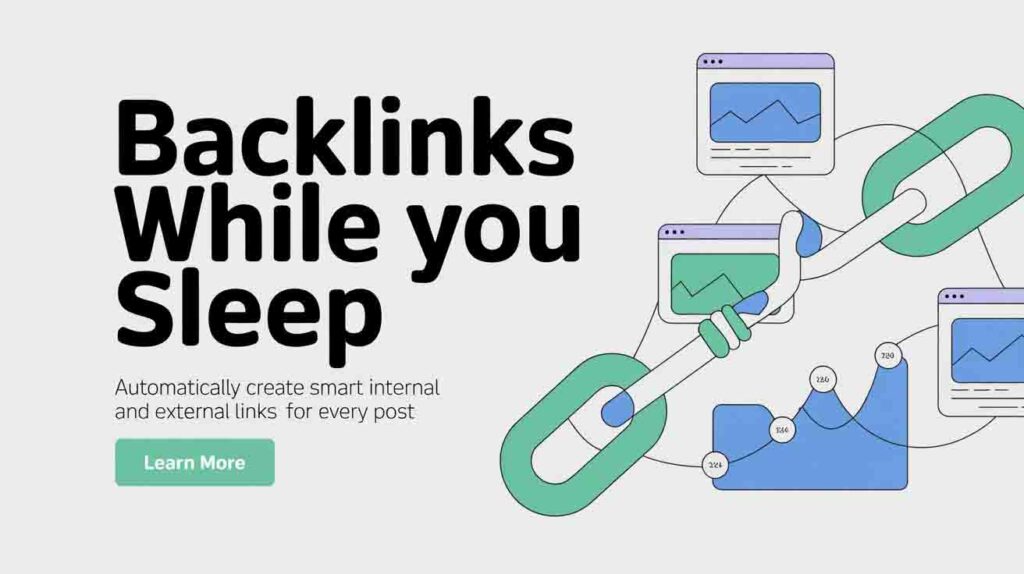AI’s Impact: Shopping, GPT-5.1 & Google’s EU Scrutiny
The “SEO Pulse” article delves into critical developments shaping the digital landscape, focusing on the transformative power of AI in shopping, the anticipated advancements with GPT-5.1, and the escalating regulatory pressure from the European Union on Google, particularly concerning its “site reputation abuse” enforcement.
AI in shopping is revolutionizing e-commerce by offering highly personalized experiences. Benefits include advanced recommendation engines that analyze user behavior for tailored product suggestions, AI-powered virtual try-ons, and intelligent chatbots providing instant customer support. This enhances user engagement, streamlines purchasing decisions, and boosts conversion rates for businesses. However, risks are present, such as potential privacy concerns regarding extensive data collection, the ethical implications of AI-driven persuasion, and the challenge of maintaining data security against breaches. As AI becomes more integrated, there's also a risk of job displacement in certain retail sectors, requiring a re-skilling of the workforce.
OpenAI's GPT-5.1 represents the next frontier in large language models, promising significant leaps in natural language understanding, generation, and reasoning capabilities. This iteration is expected to offer even greater accuracy, reduced bias, and enhanced contextual awareness, impacting content creation, advanced search functionalities, and complex problem-solving. Its potential applications span from hyper-personalized marketing copy and sophisticated data analysis to more intuitive human-computer interaction, further accelerating automation across industries.
Simultaneously, Google faces intensified scrutiny from the European Union. The EU's investigation into Google's enforcement of its “site reputation abuse” policy highlights ongoing concerns about market dominance and fair competition. Regulators are examining whether Google's algorithmic changes and policy implementations disproportionately affect smaller publishers or favor its own services, potentially stifling innovation and consumer choice. This pressure is part of a broader effort under initiatives like the Digital Markets Act (DMA) to curb the power of tech giants and ensure a level playing field, with significant fines and structural changes as potential consequences for non-compliance. These concurrent developments underscore a period of rapid technological evolution coupled with increasing calls for accountability and ethical governance in the digital realm.
(Source: https://www.searchenginejournal.com/seo-pulse-ai-shopping-gpt-5-1-eu-pressure-on-google/560985/)









